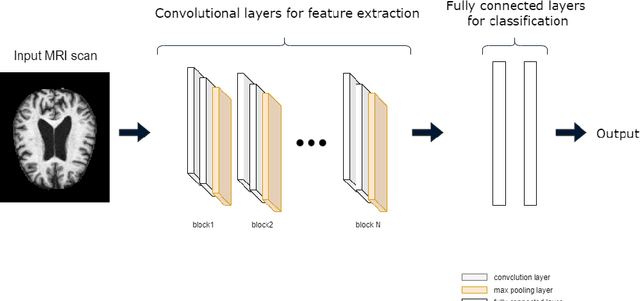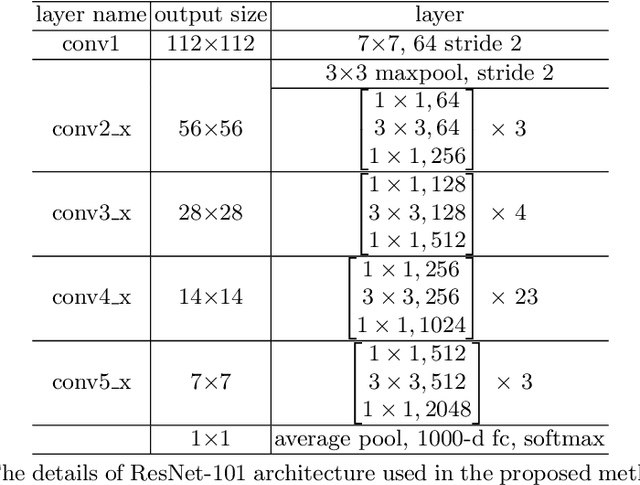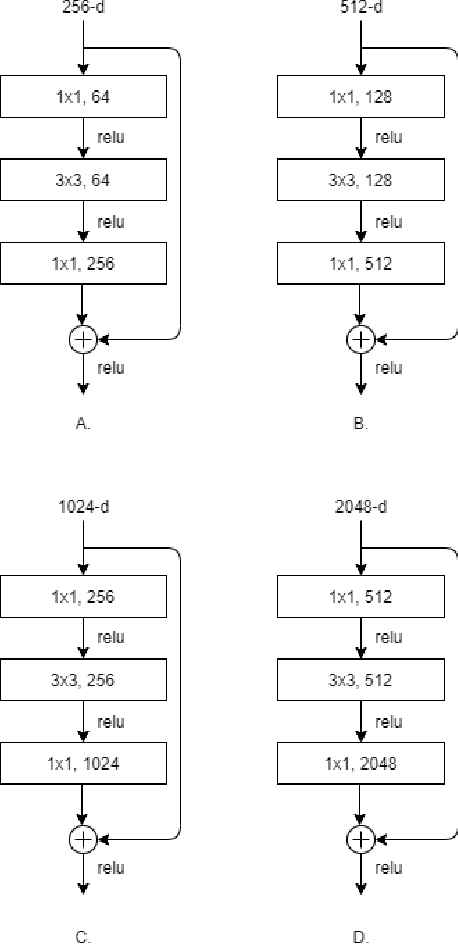Anurenjan P. R.
Alzheimer's Disease Detection from Spontaneous Speech and Text: A review
Jul 19, 2023


Abstract:In the past decade, there has been a surge in research examining the use of voice and speech analysis as a means of detecting neurodegenerative diseases such as Alzheimer's. Many studies have shown that certain acoustic features can be used to differentiate between normal aging and Alzheimer's disease, and speech analysis has been found to be a cost-effective method of detecting Alzheimer's dementia. The aim of this review is to analyze the various algorithms used in speech-based detection and classification of Alzheimer's disease. A literature survey was conducted using databases such as Web of Science, Google Scholar, and Science Direct, and articles published from January 2020 to the present were included based on keywords such as ``Alzheimer's detection'', "speech," and "natural language processing." The ADReSS, Pitt corpus, and CCC datasets are commonly used for the analysis of dementia from speech, and this review focuses on the various acoustic and linguistic feature engineering-based classification models drawn from 15 studies. Based on the findings of this study, it appears that a more accurate model for classifying Alzheimer's disease can be developed by considering both linguistic and acoustic data. The review suggests that speech signals can be a useful tool for detecting dementia and may serve as a reliable biomarker for efficiently identifying Alzheimer's disease.
Deep learning based prediction of Alzheimer's disease from magnetic resonance images
Jan 13, 2021



Abstract:Alzheimer's disease (AD) is an irreversible, progressive neuro degenerative disorder that slowly destroys memory and thinking skills and eventually, the ability to carry out the simplest tasks. In this paper, a deep neural network based prediction of AD from magnetic resonance images (MRI) is proposed. The state of the art image classification networks like VGG, residual networks (ResNet) etc. with transfer learning shows promising results. Performance of pre-trained versions of these networks are improved by transfer learning. ResNet based architecture with large number of layers is found to give the best result in terms of predicting different stages of the disease. The experiments are conducted on Kaggle dataset.
 Add to Chrome
Add to Chrome Add to Firefox
Add to Firefox Add to Edge
Add to Edge